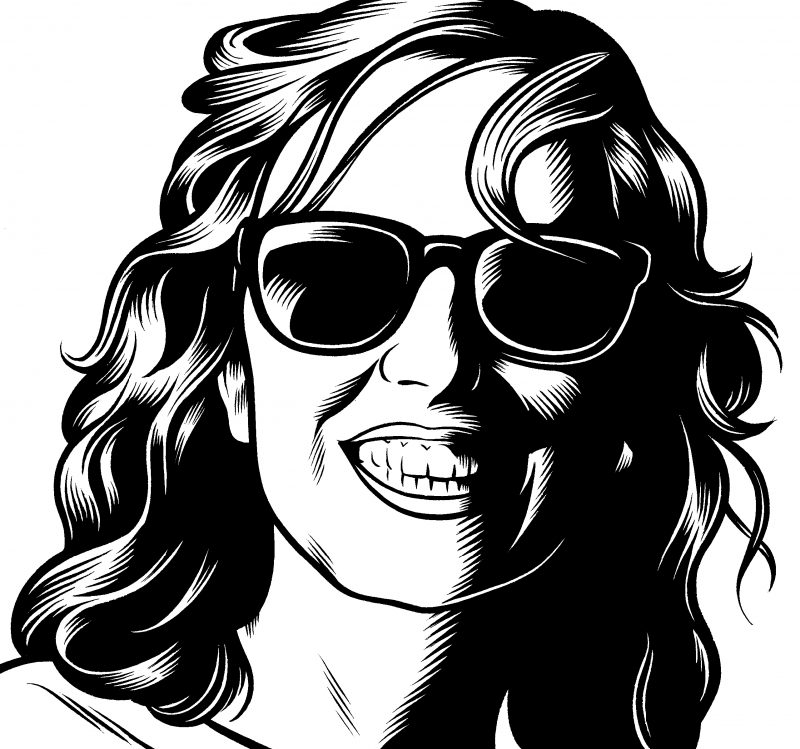Julie Hecht’s work has been described as “subversive,” “devastating,” and “neurotic.” While those words are certainly accurate, they don’t begin to suggest the singularity of the writer or her career. After publishing two stories in Harper’s in the late 1970s (winning the O. Henry Prize for the second), she didn’t publish any work for a full decade. Then, in 1989, her unusual story “Perfect Vision” was accepted by the New Yorker. Over the course of the next nine years, the New Yorker published ten of her stories.
After her editor at the New Yorker, Daniel Menaker, moved to Random House, he collected her stories in the acclaimed 1997 book Do the Windows Open? The next year, she was awarded a Guggenheim Fellowship.
In 2001, Random House released Was This Man a Genius?: Talks with Andy Kaufman, taken from a book-length profile Ms. Hecht had written in 1979. Originally intended for Harper’s, the manuscript sat in a drawer for years before being excerpted in the New Yorker and later printed as a book.
Julie Hecht’s first published novel, The Unprofessionals, was sort of released in 2003. Midway through the publishing process, she followed her longtime editor as he left a stint at HarperCollins and returned to Random House, where he took over as editor in chief. Though it was slated to be its lead -literary fiction title for the fall, The Unprofessionals was lost in a corporate shuffle and fell victim to major distribution problems. It could only be found in a few bookstores across the country. As a result of the error and the immediate fallout, Ms. Hecht split with both her agent and her editor, and The Unprofessionals received almost no exposure. It disappeared in spite of overwhelmingly positive reviews and being named a notable book by Publishers Weekly and the New York Times.
Her fourth book, Happy Trails to You, is a collection of short stories set to be released by Simon & Schuster in May of 2008. Simon & Schuster will also release a paperback edition of The Unprofessionals in late summer of this year.
Ms. Hecht and I began communicating at the beginning of 2007. Because she rarely uses email, we initially communicated via fax, and eventually, over long telephone conversations. This interview took place the week before Christmas 2007. She was completing edits on her final proof pages of Happy Trails to You at the time. The phone conversation from which this interview was taken started at midnight and ende at...
You have reached your article limit
Sign up for a digital subscription and continue reading all new issues, plus our entire archives, for just $1.50/month.
Already a subscriber? Sign in





